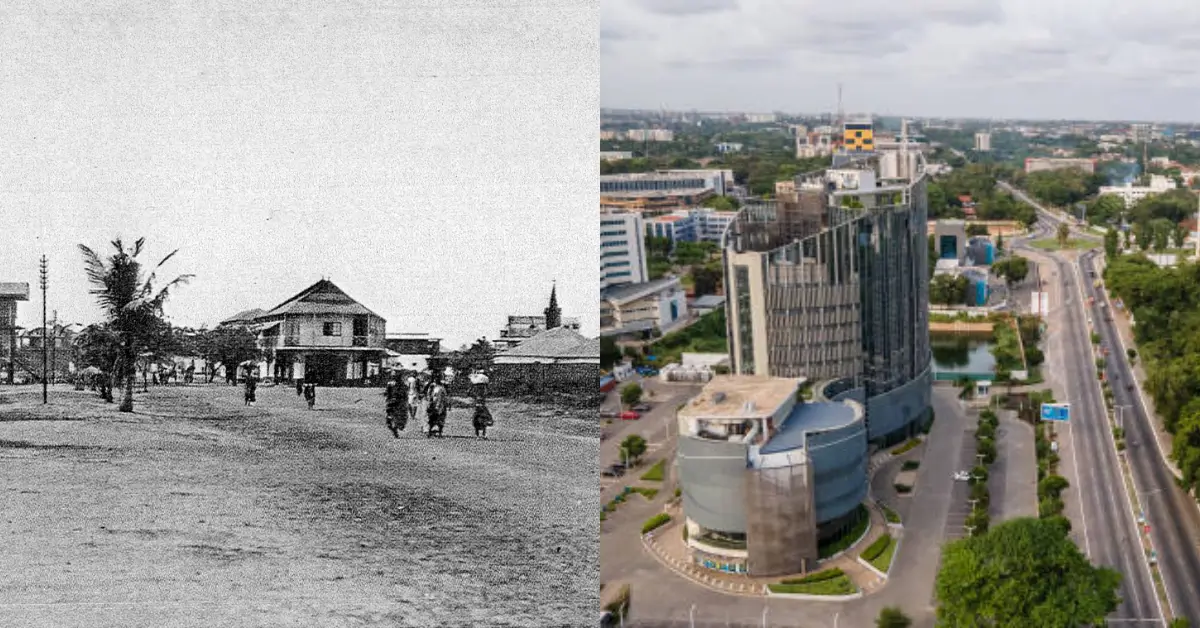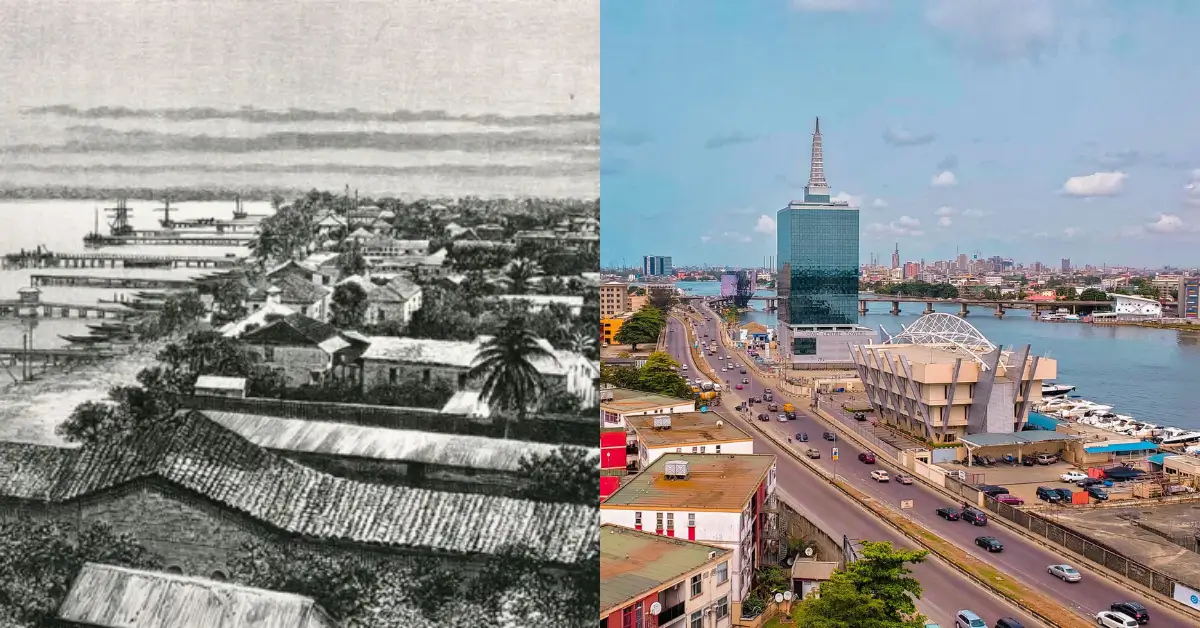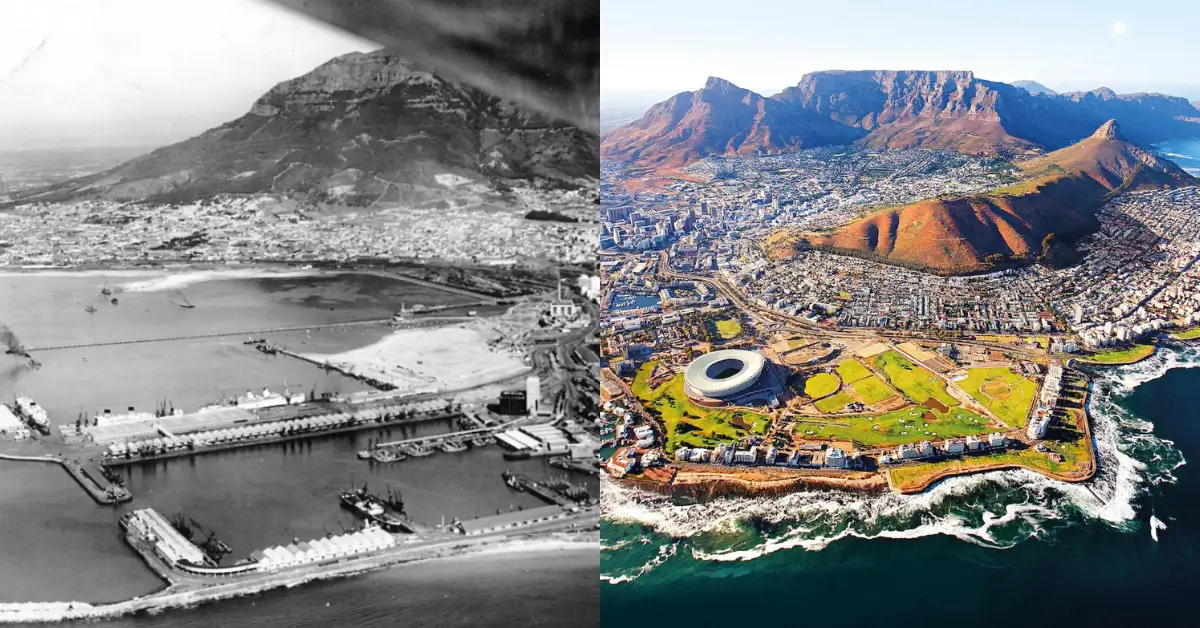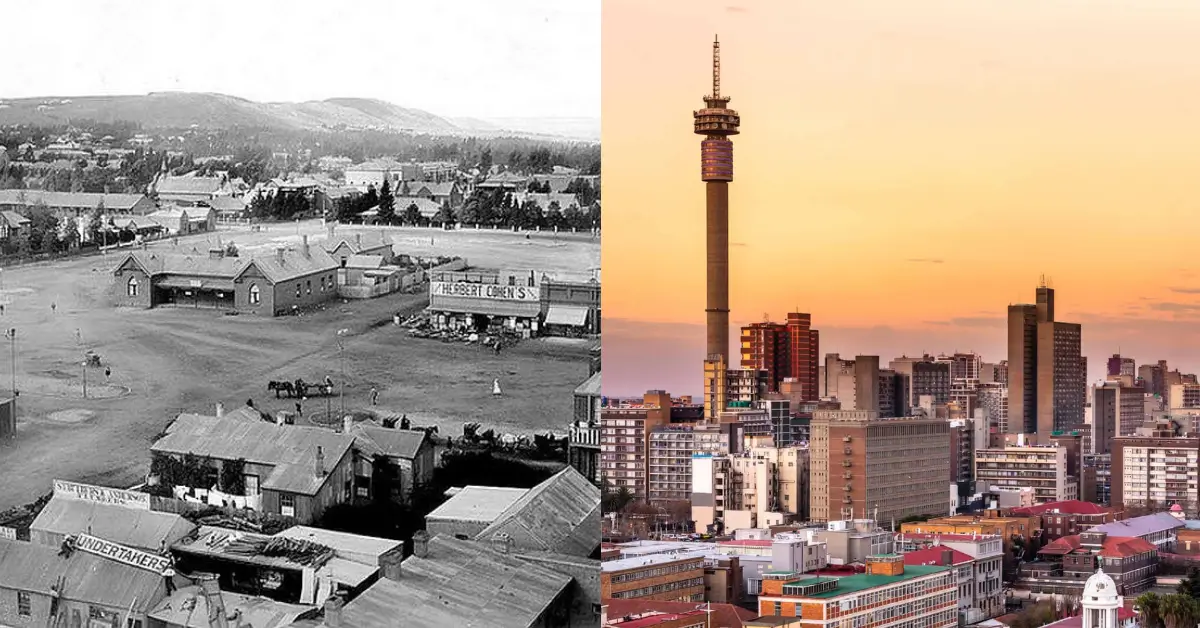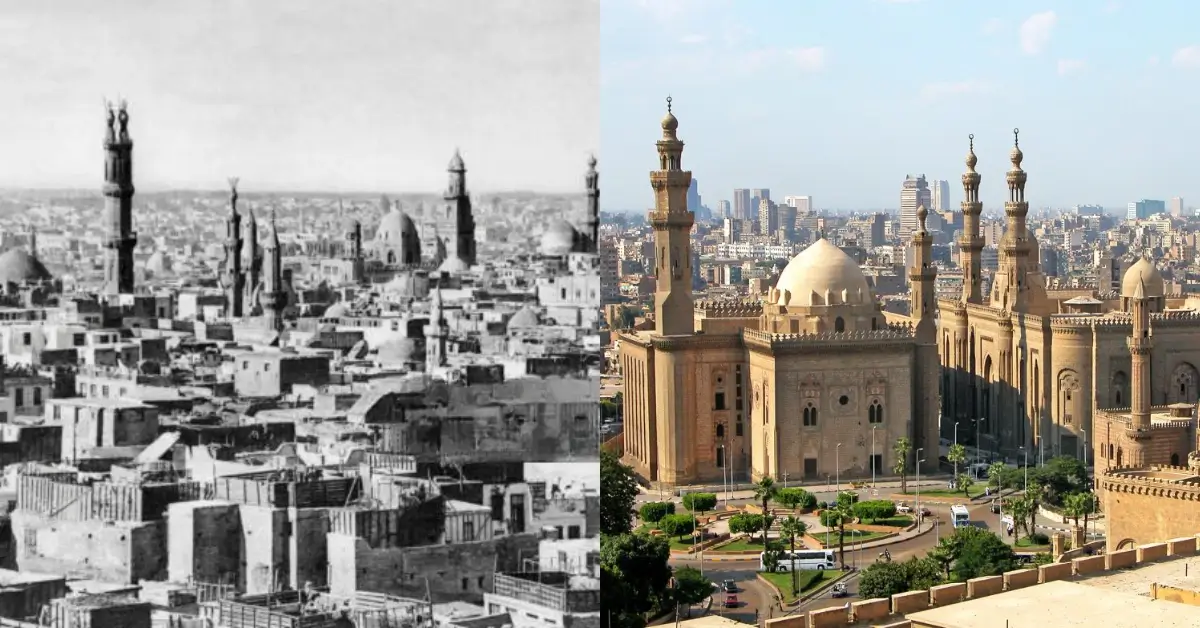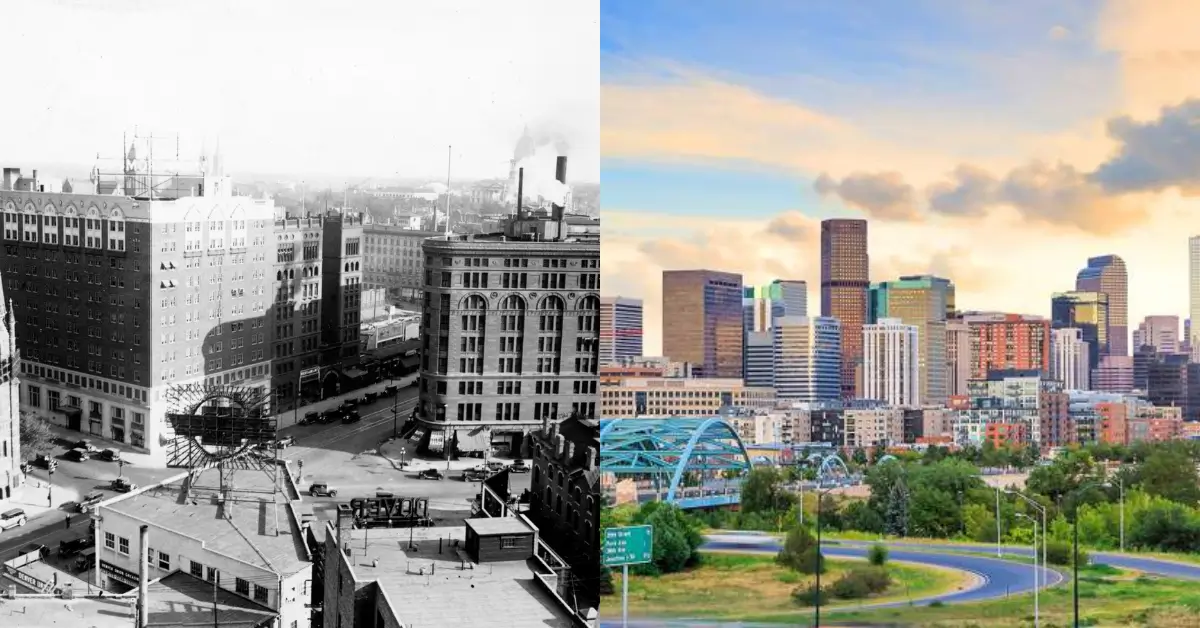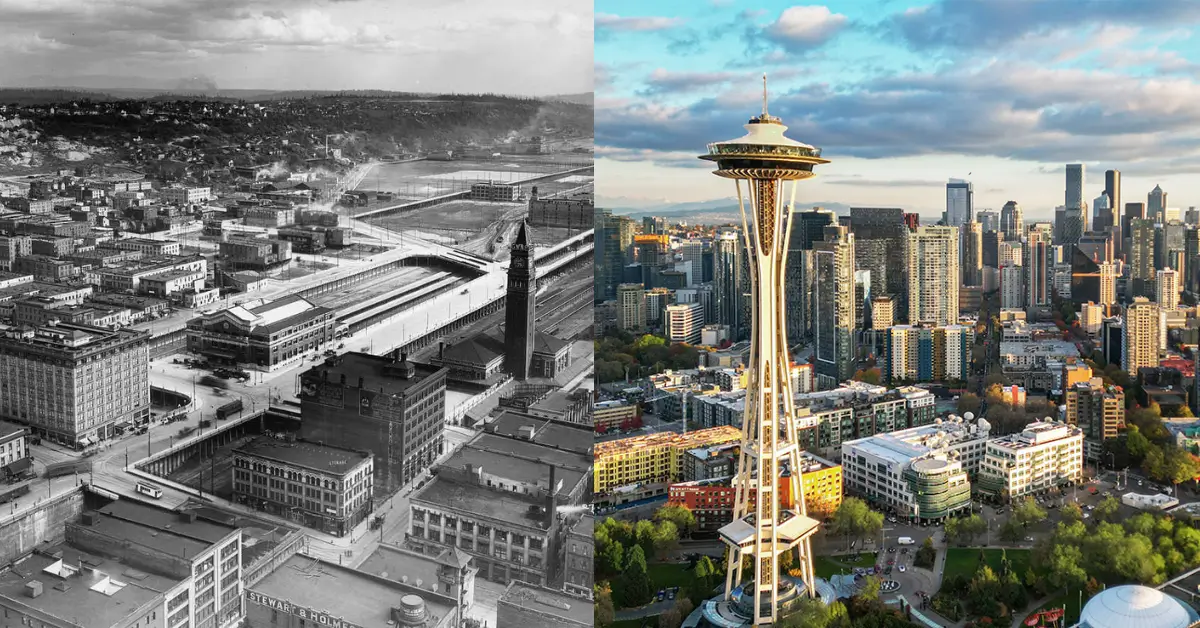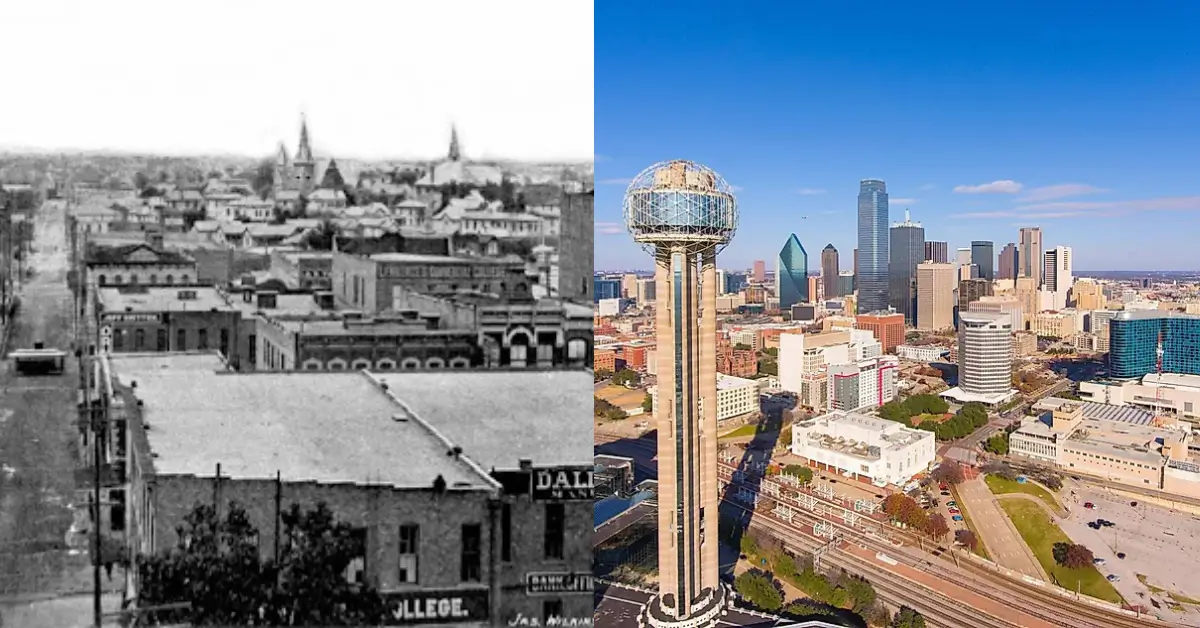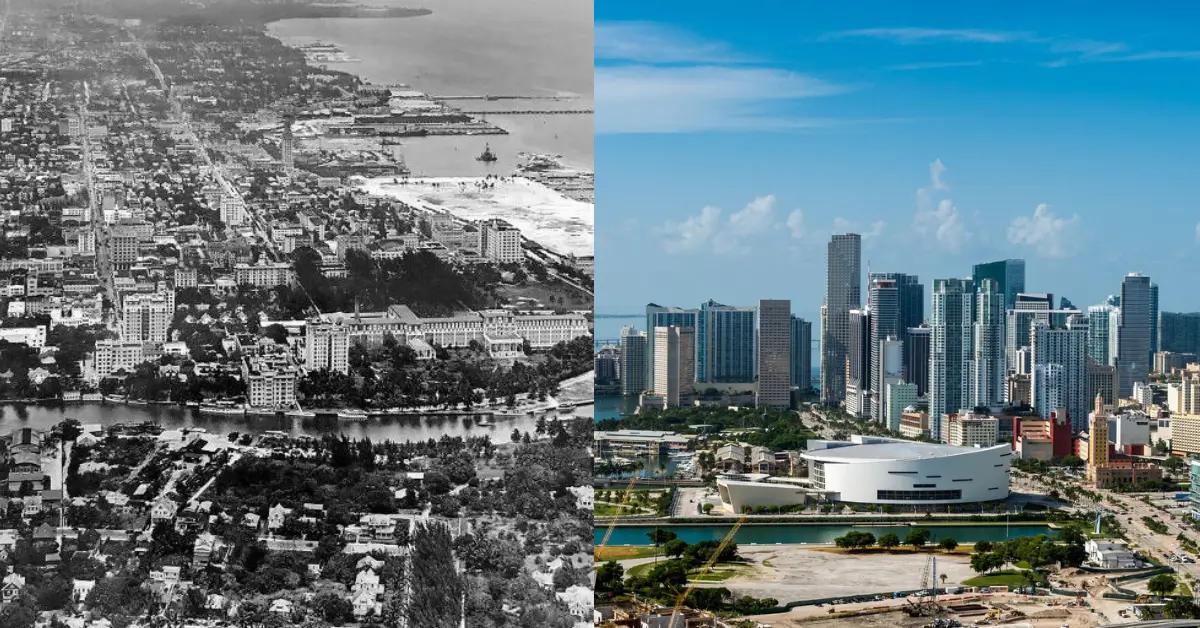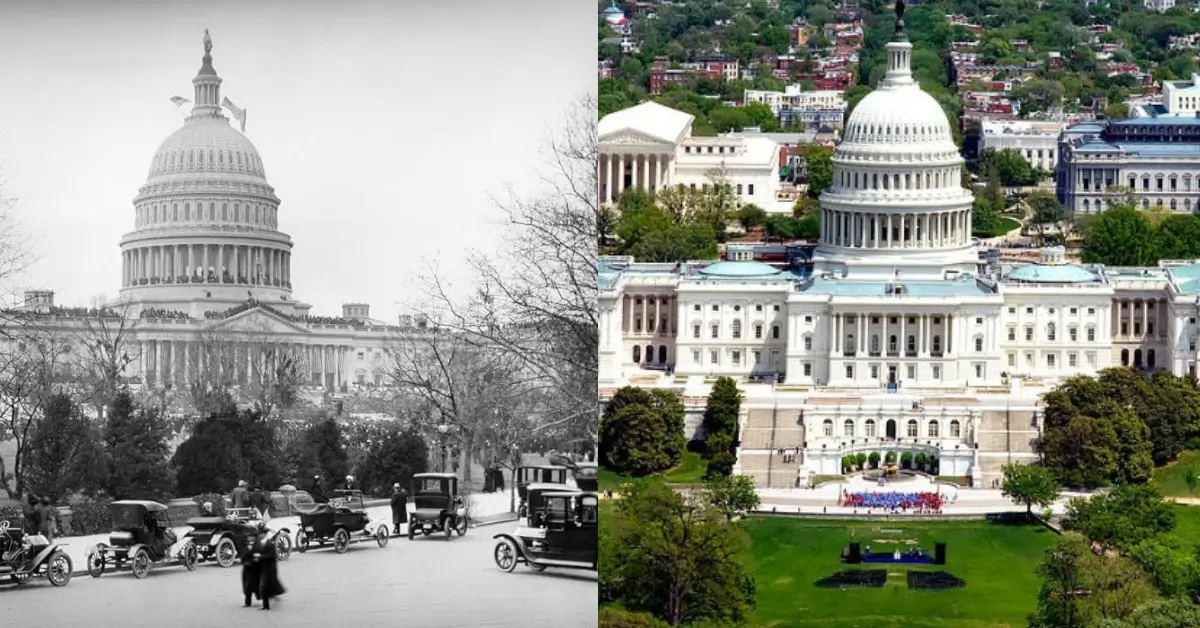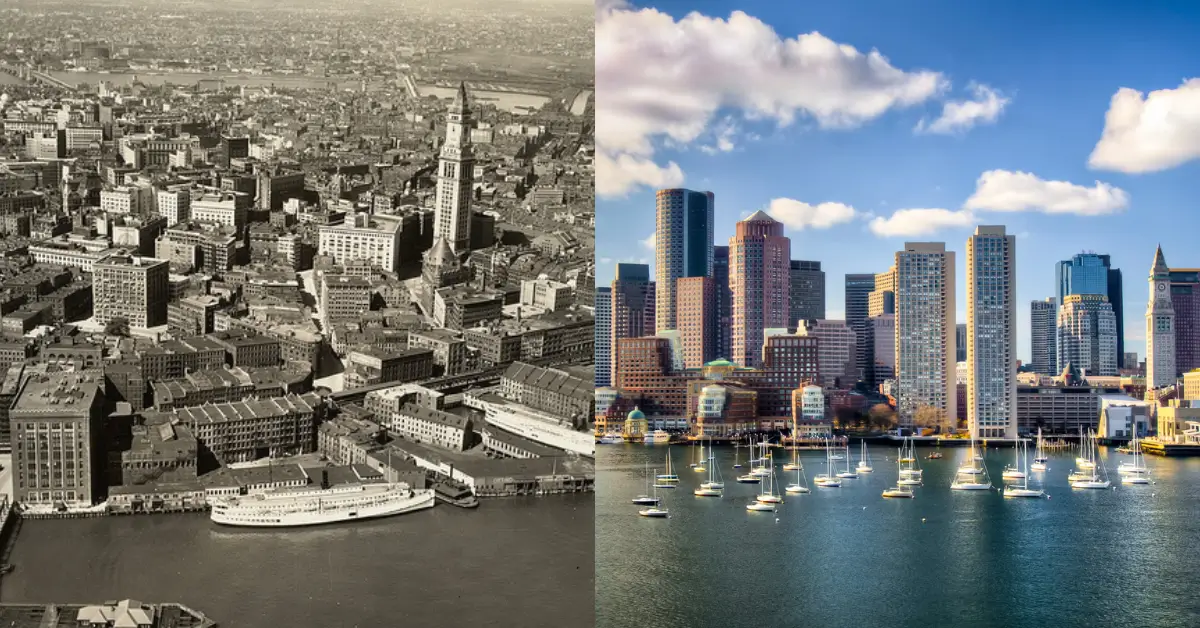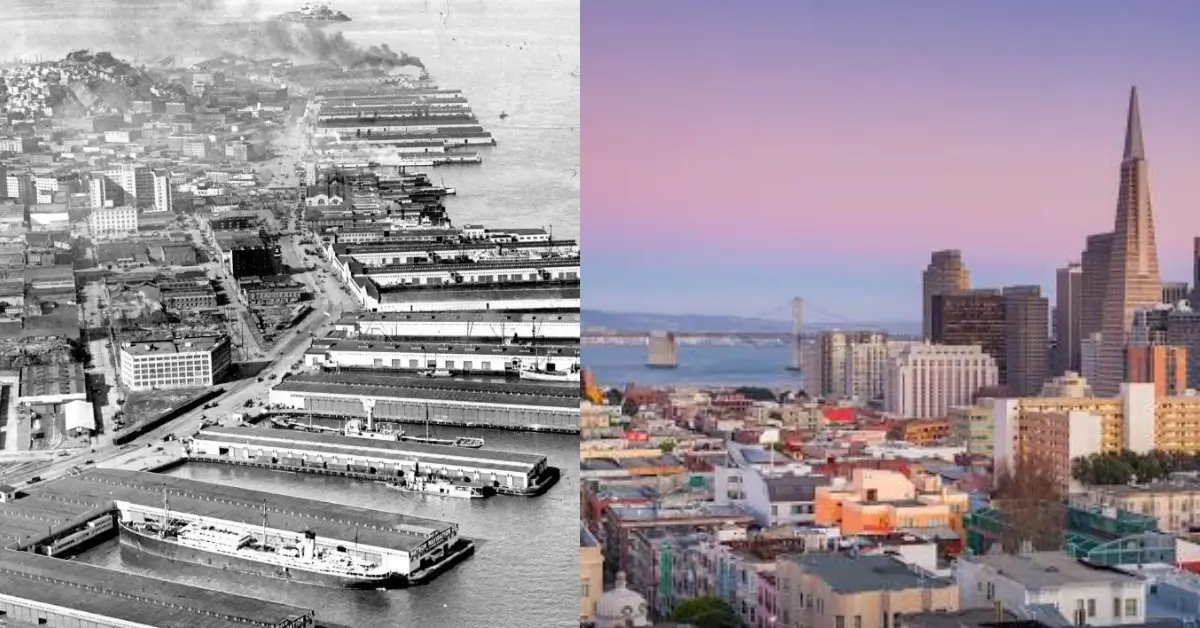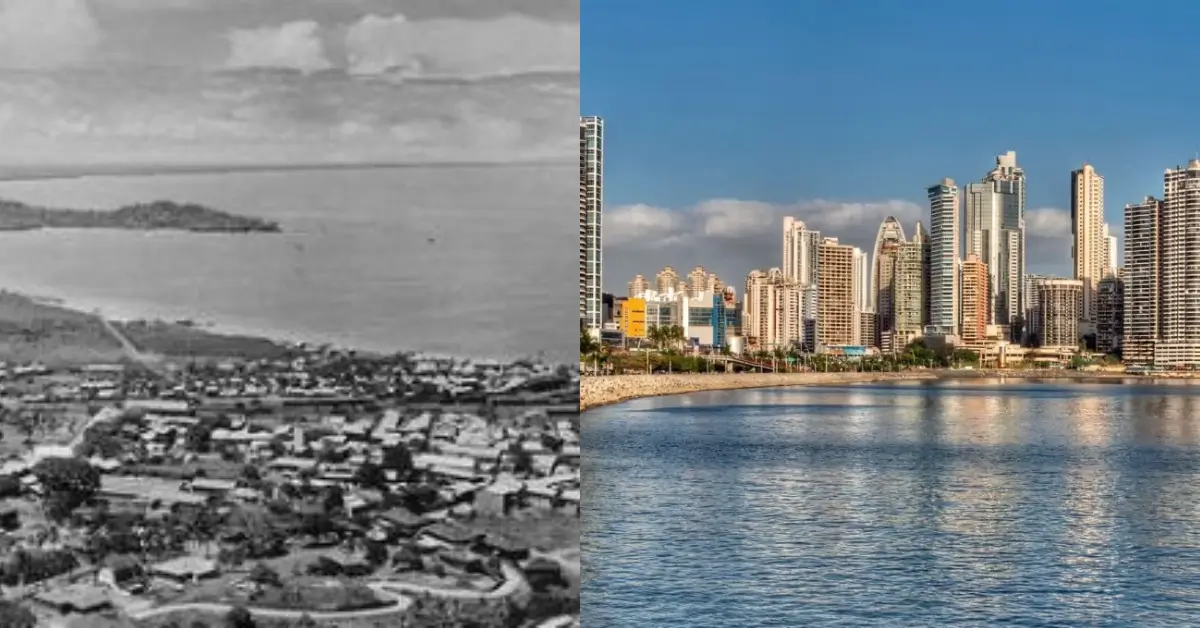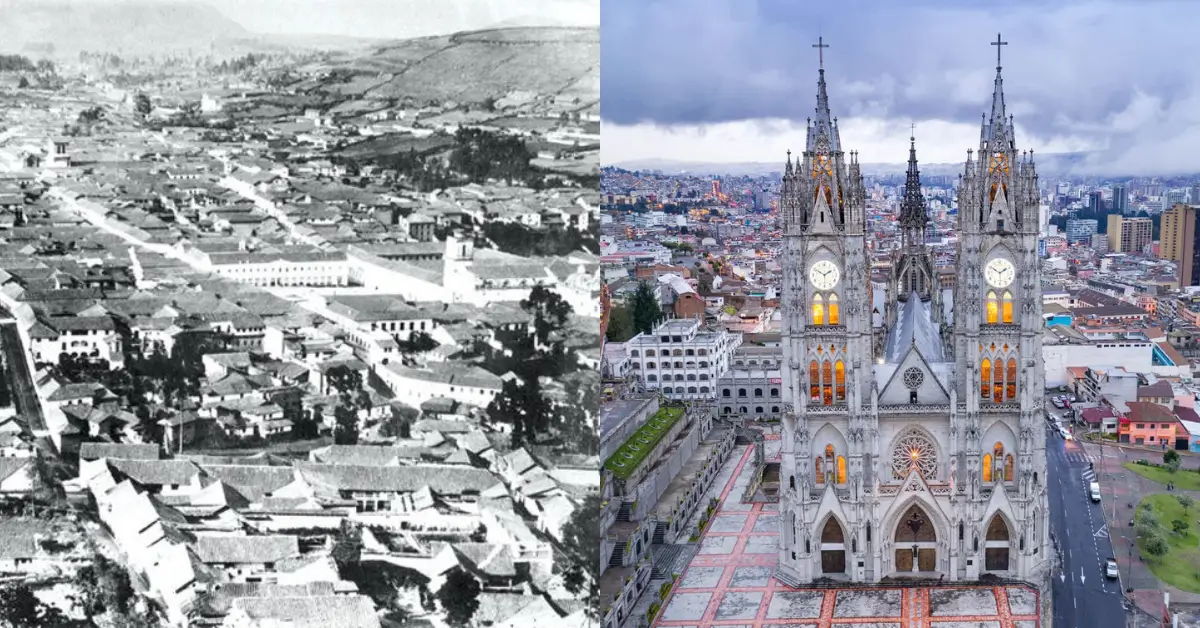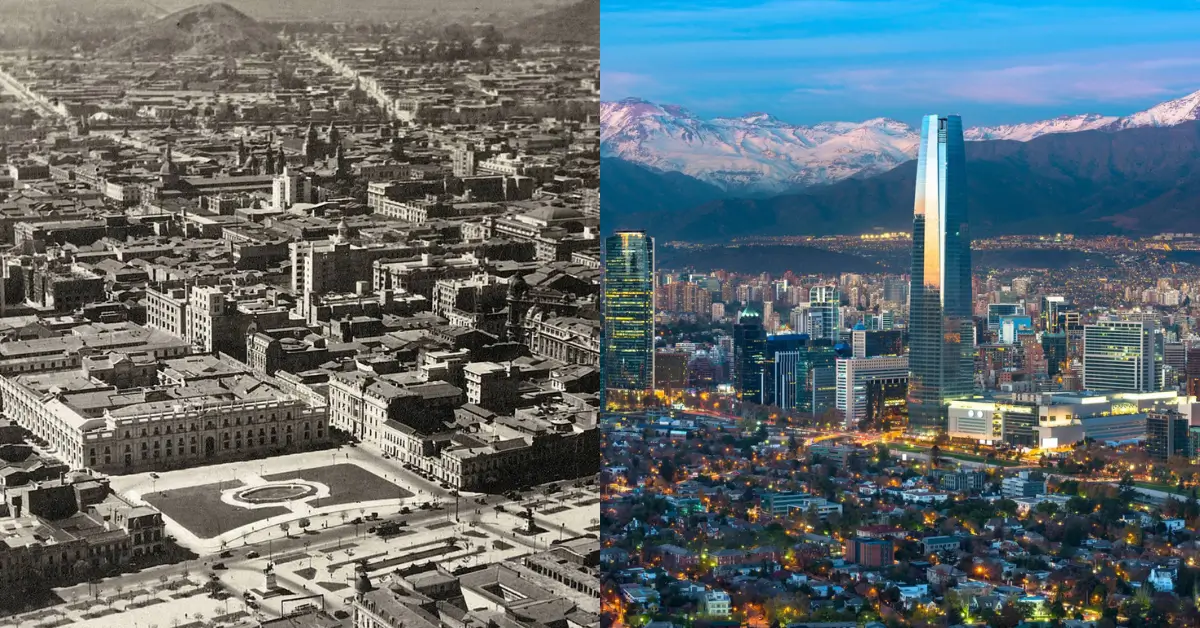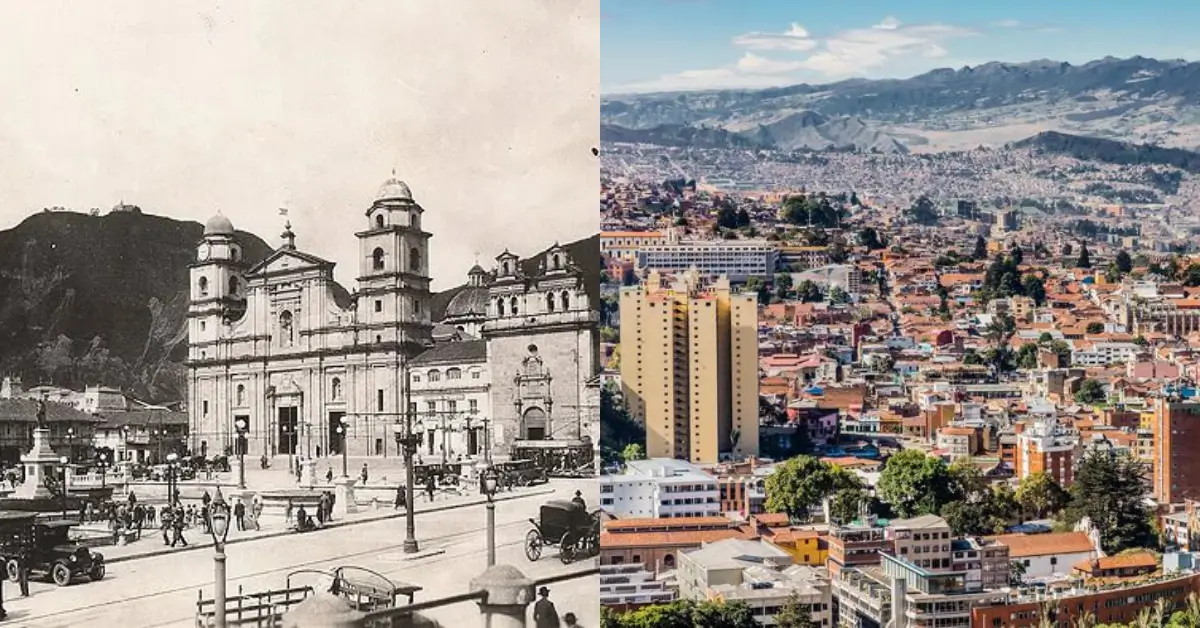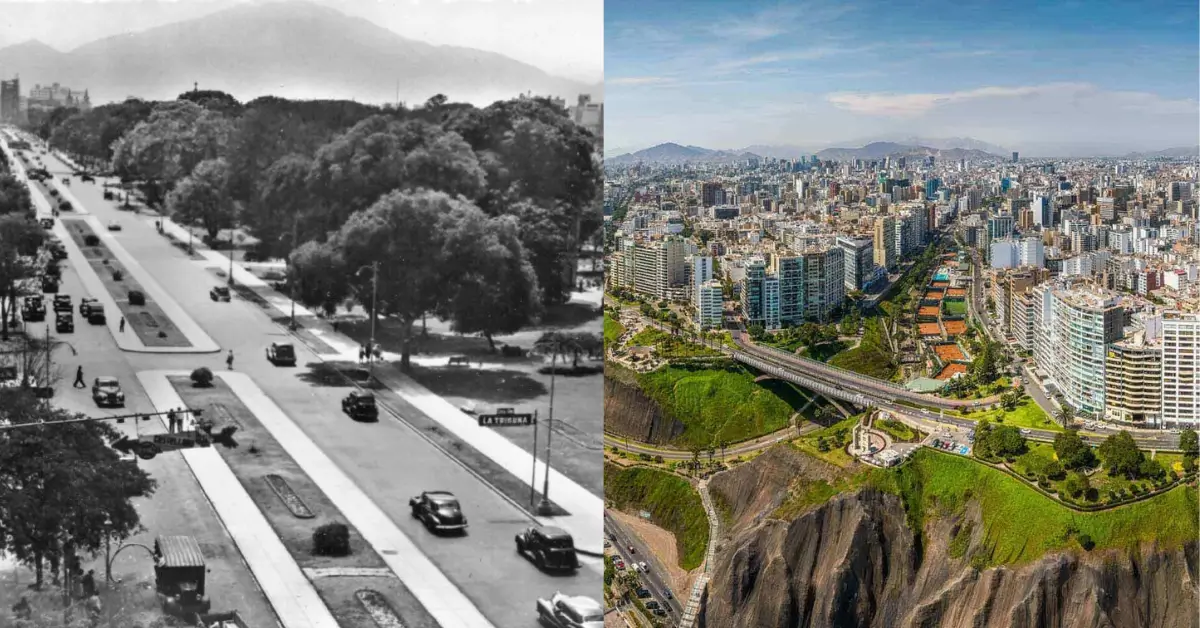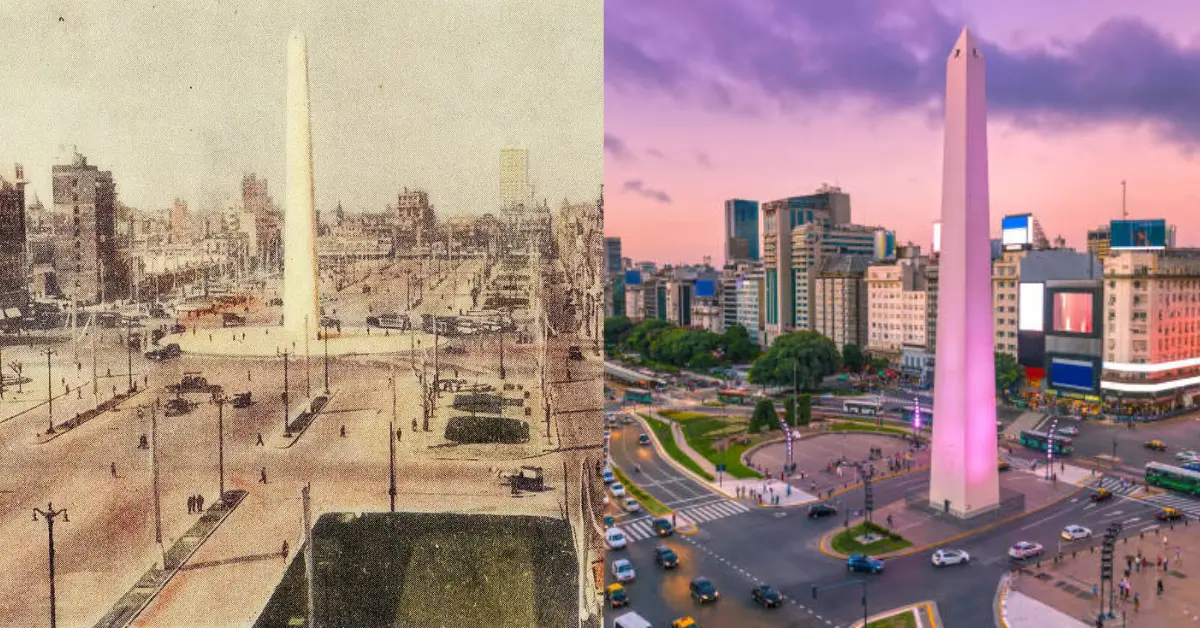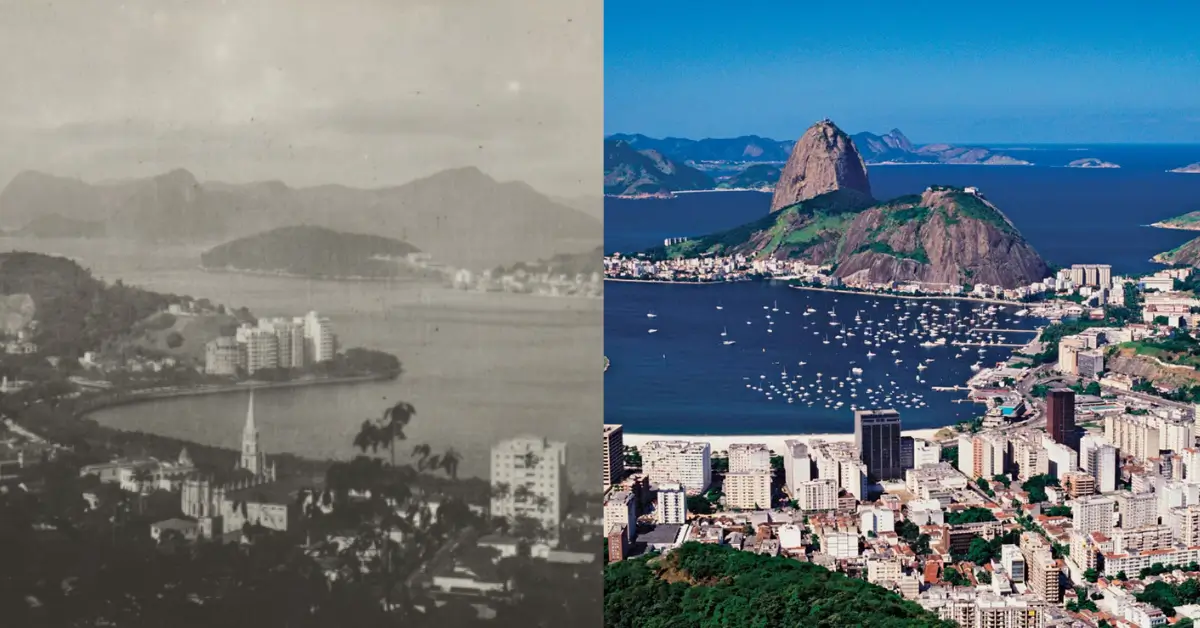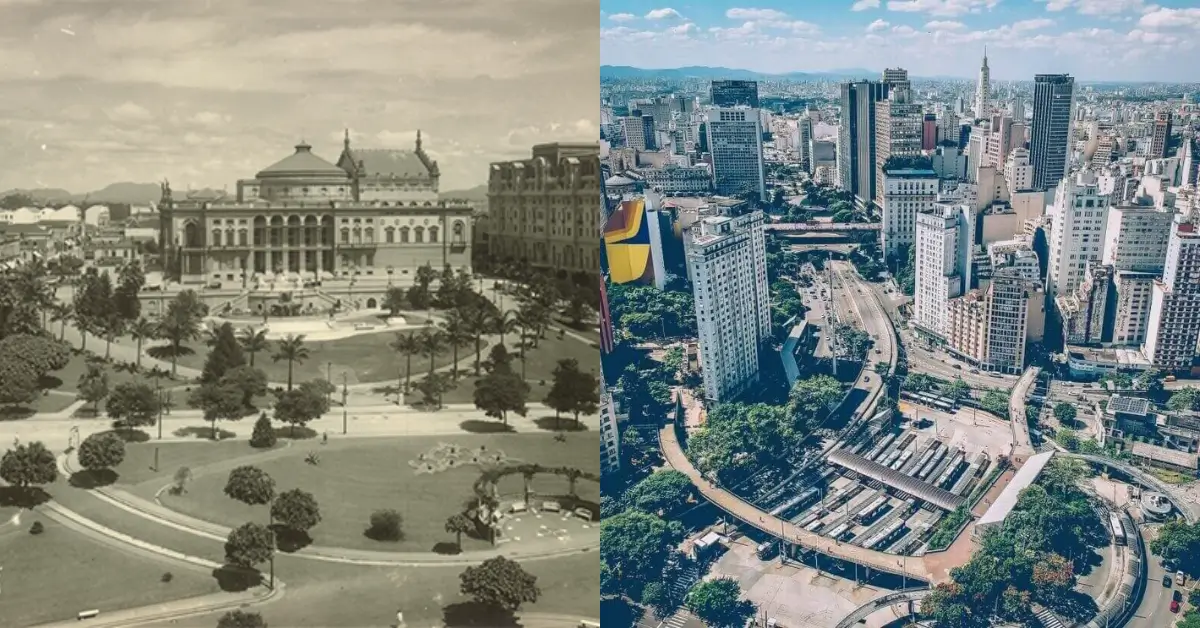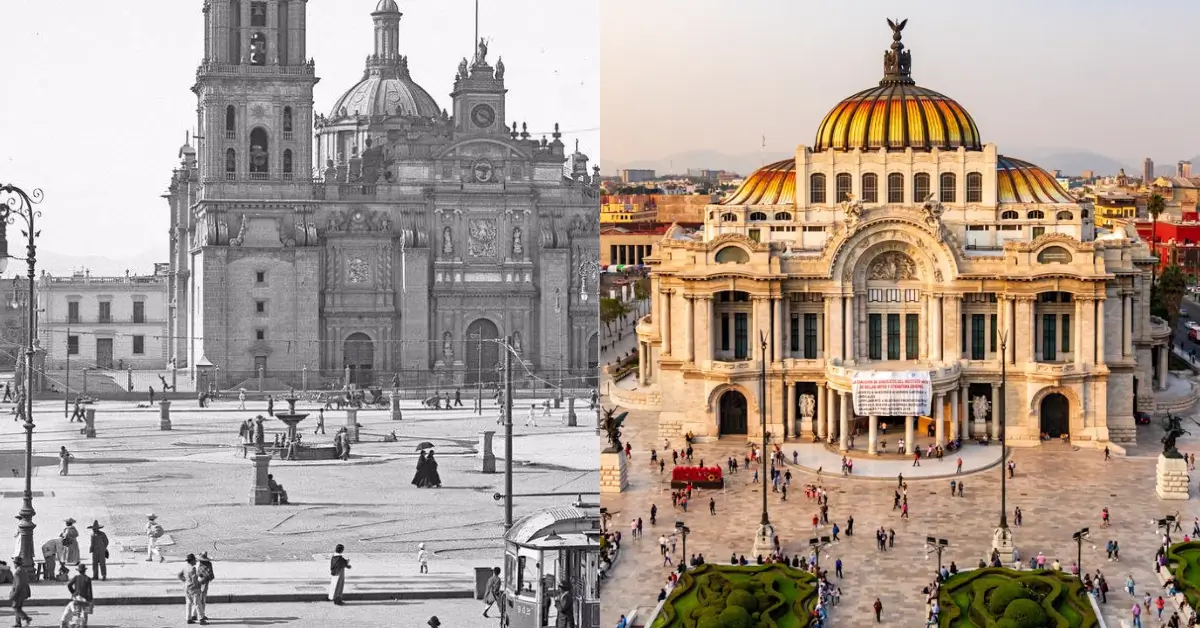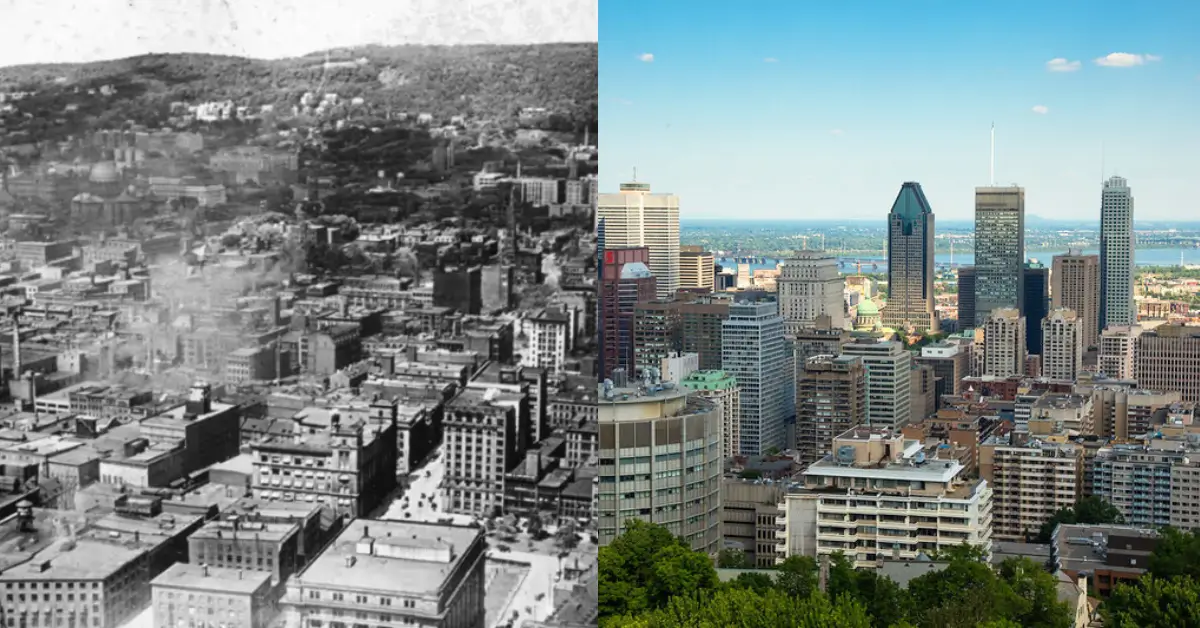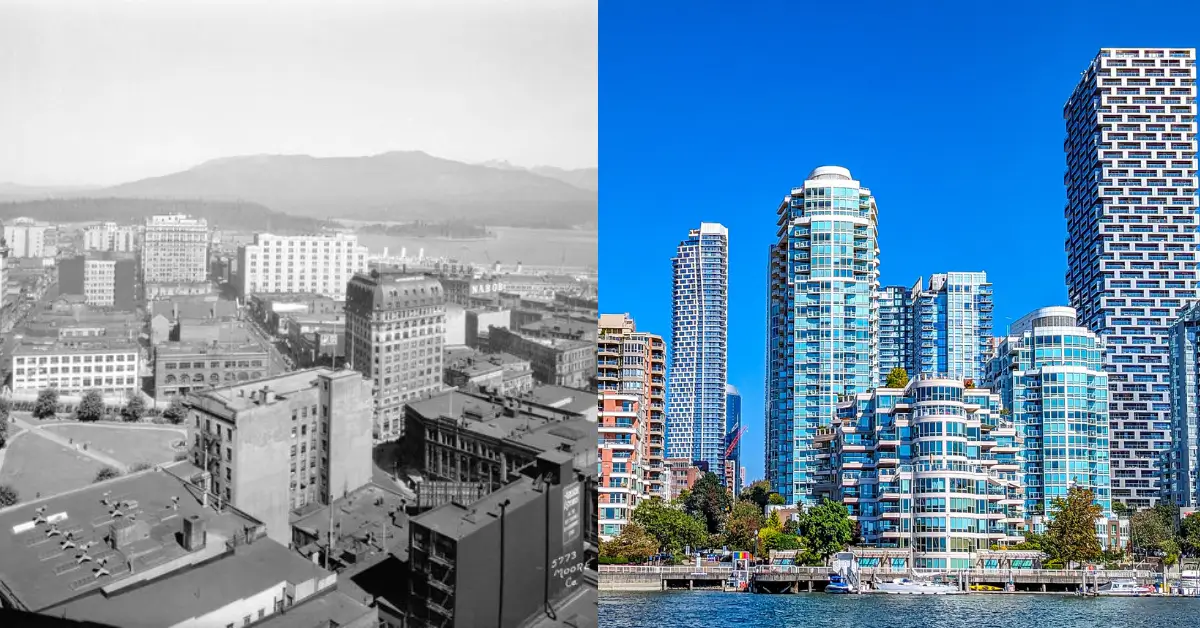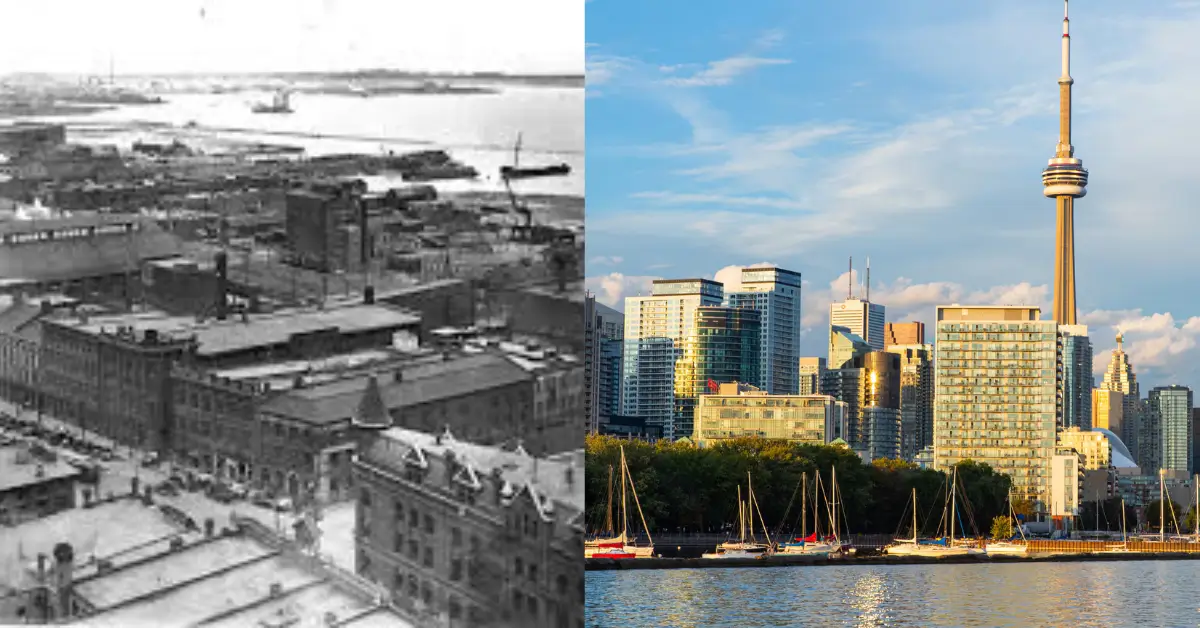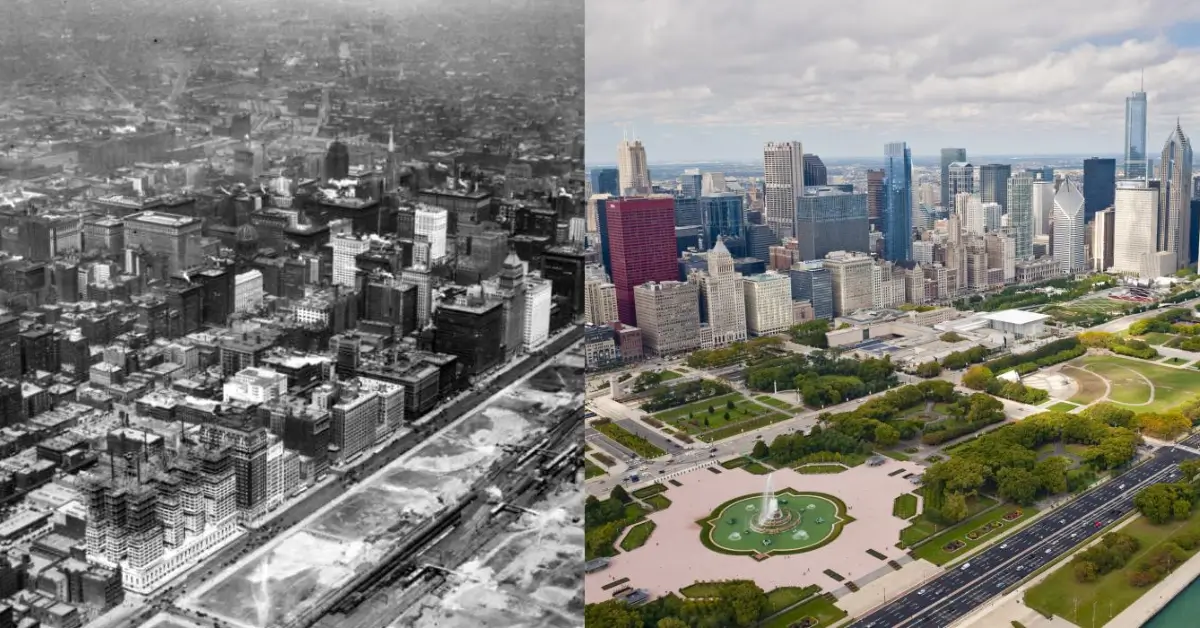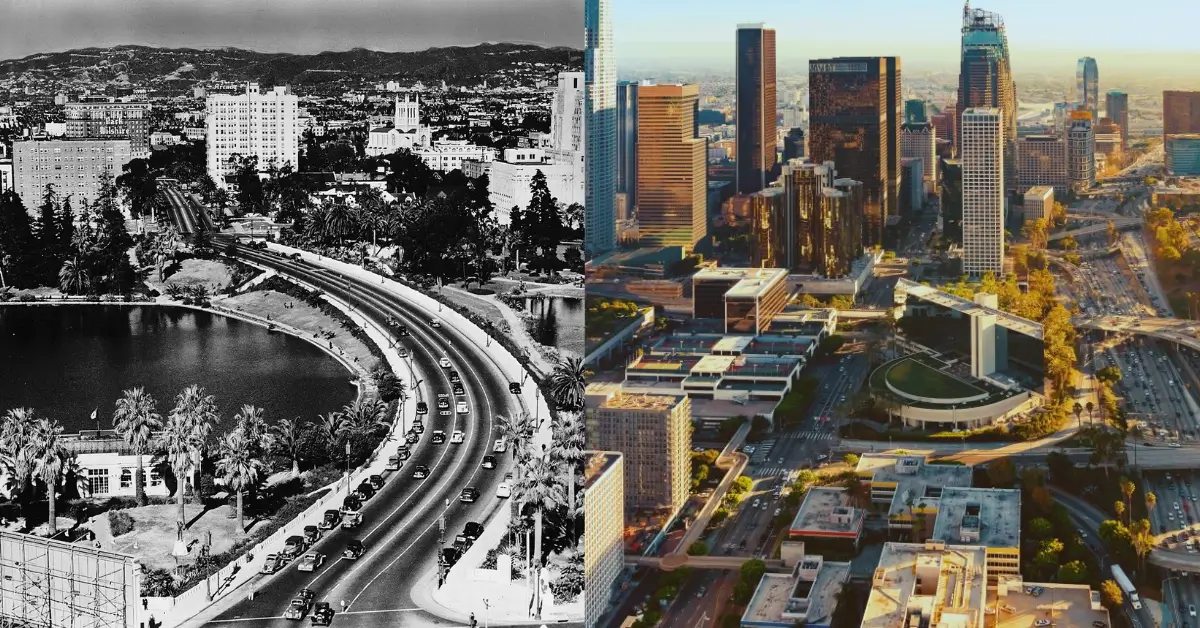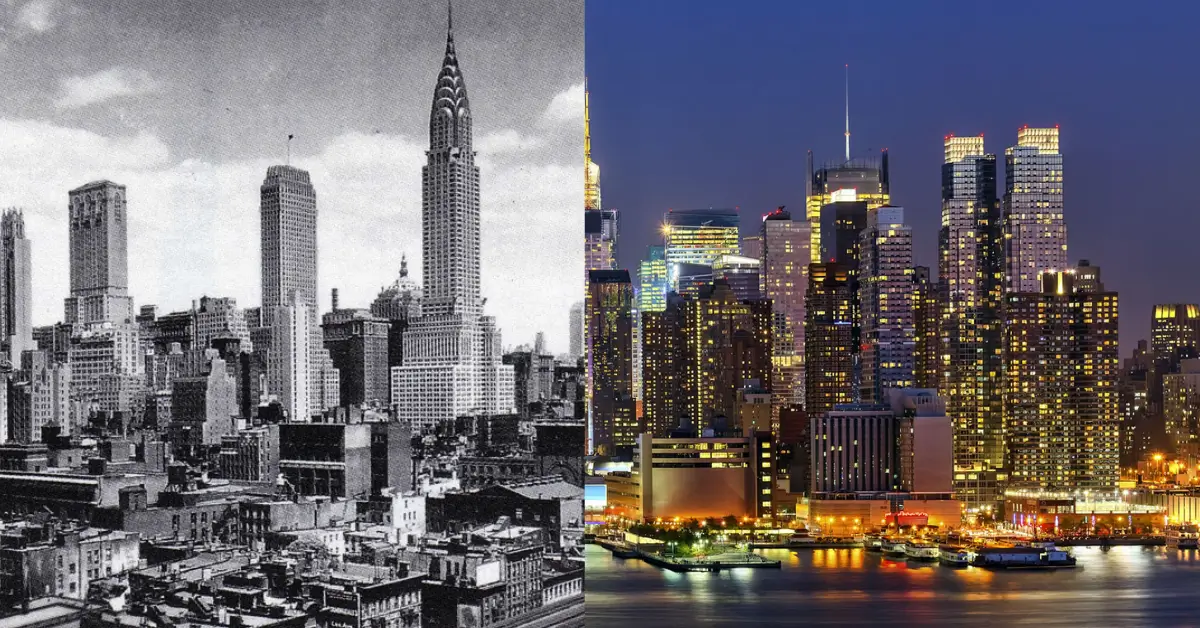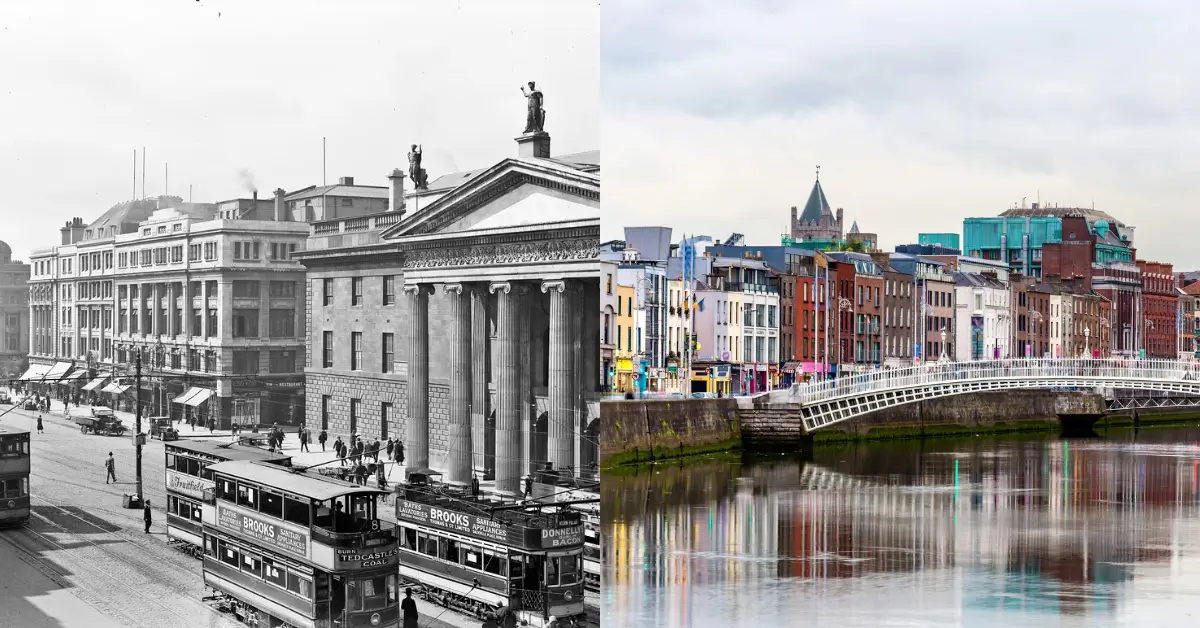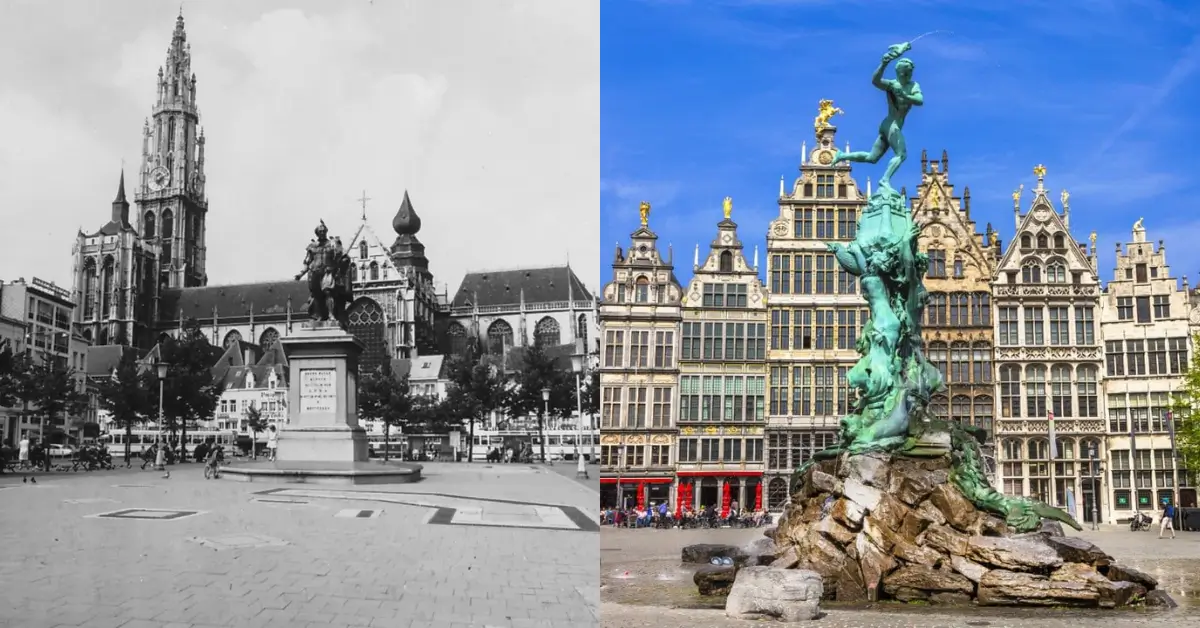Geneva Then and Now
Geneva Then
Geneva, the capital of the Swiss canton of Genève, is located in the far southwestern part of Switzerland, near the French border.
Known as one of Europe’s most cosmopolitan cities, Geneva’s significance has been shaped more by its historical and cultural developments than by its geographic location.
Since the 16th century, Geneva has played a pivotal role in European history, particularly as the center of the Calvinist Reformation, earning it the nickname “Protestant Rome.”
The city’s prominence grew through its role as a center of intellectual and religious activity, which helped define its unique character.
The name “Geneva” has ancient roots, first mentioned in Latin texts by Julius Caesar as “Genava.”
The name likely derives from the Celtic word genawa-, related to the stem genu- meaning “mouth,” referring to the city’s location at the mouth of the Rhône River.
This etymology is similar to that of the Italian city of Genoa, which shares the same linguistic origin.

In the Middle Ages, Geneva was part of the County of Geneva, known as Comitatus Genevensis, before becoming part of the Genevois province under the Duchy of Savoy after 1400.
Despite these political changes, the city itself remained a significant religious and cultural hub, especially during the Reformation when it became a symbol of Protestantism and republican governance.
Related Article: Zurich Then and Now
Geneva History
Geneva’s history is rich and marked by significant political, religious, and economic transformations.
Originally a border town of the Allobroges tribe, Geneva came under Roman control in 121 BC.
It was later Christianized during the Late Roman Empire and became the seat of a bishop in the 5th century, initially under the Bishopric of Vienne.
During the medieval period, Geneva was ruled by a count under the Holy Roman Empire, and it wasn’t until the late 14th century that the city was granted self-governance through a charter.
Related Article: Helsinki Then and Now
The House of Savoy had some control over the region, but in the 15th century, an oligarchic republican government took shape, and the creation of the Grand Council marked an important shift in the city’s governance.
Geneva’s religious identity underwent a major transformation during the Protestant Reformation in the 16th century.
With the rise of Protestantism, the city, under the leadership of John Calvin, became a center for Calvinism, earning the nickname “Protestant Rome.”
By the mid-16th century, Geneva declared its independence from Savoy and aligned itself with the Swiss Confederacy.
Related Article: Oslo Then and Now
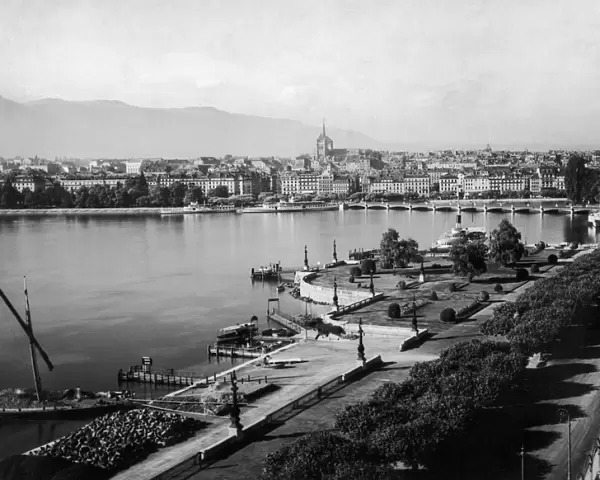
The city’s influence as a religious and political center continued to grow, especially during the 18th century, when it became a focal point for the Catholic powers of France.
Geneva saw growing tensions between the French and the city’s inhabitants, leading to the failed Geneva Revolution of 1782, in which citizens demanded more political representation.
In 1798, revolutionary France annexed Geneva, and it remained under French control until the end of the Napoleonic Wars.
On June 1, 1814, Geneva was admitted to the Swiss Confederation, marking the beginning of its modern era.
Related Article: Copenhagen Then and Now
Throughout the 19th and 20th centuries, the city prospered, especially as it became home to a number of important international organizations.
In the post-World War II period, Geneva emerged as a central hub for diplomacy and international cooperation, hosting the headquarters of organizations like the United Nations and the World Health Organization.
Despite a few economic challenges, such as the oil crisis in the 1970s and stagnation in the 1990s, Geneva remained a global leader in finance, diplomacy, and trade.
Related Article: Stockholm Then and Now
The city’s role as a neutral meeting ground for diplomatic talks, such as the 1985 summit between U.S. President Ronald Reagan and Soviet leader Mikhail Gorbachev, solidified its reputation as an international city.
Over time, the city has continued to thrive, maintaining its status as a center for global diplomacy and economic exchange.
Today, Geneva hosts a wide range of international organizations, including the World Trade Organization and CERN, and plays a pivotal role in the global political and economic landscape.
Related Article: Moscow Then and Now
Geneva Now
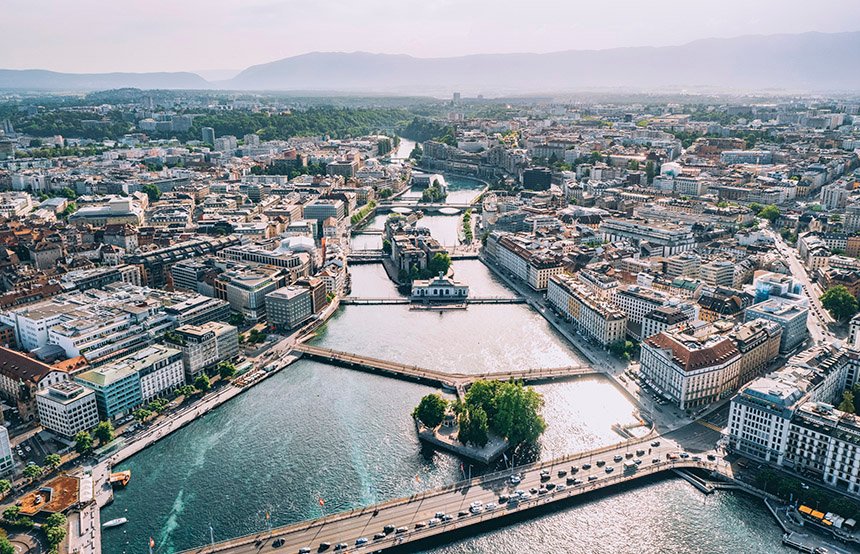
Geneva is one of Switzerland’s most important cities, second only to Zürich in population, and is the largest city in the French-speaking region of Romandy.
Situated at the southwestern tip of Switzerland, where the Rhône River flows out of Lake Geneva, it is both the capital of the Republic and Canton of Geneva and a global hub for international diplomacy.
With a population of 203,856 within the city’s municipal boundaries as of 2021, Geneva has a relatively compact urban area that covers just 16 square kilometers.
Related Article: Warsaw Then and Now
However, its metropolitan region is much larger, extending over 2,292 square kilometers and encompassing areas in the nearby Swiss canton of Vaud and French departments, with a population of over 1 million people.
The city is part of a transnational cooperation initiative known as Grand Genève, a partnership between the Canton of Geneva, neighboring regions in Switzerland, and parts of France.
This cooperation facilitates cross-border efforts, particularly in metropolitan transport and regional development.
Related Article: Budapest Then and Now
The Grand Genève area covers nearly 2,000 square kilometers, with almost 60% of its population living on Swiss soil and the remaining 40% in France.
This collaboration between two countries underlines Geneva’s international character and its role as a cosmopolitan city that transcends national borders.
Geneva’s significance on the global stage is highlighted by its role as the headquarters of numerous international organizations, particularly within the United Nations system.
Related Article: Prague Then and Now
It is home to major UN agencies, including the United Nations High Commissioner for Refugees (UNHCR), the International Labour Organization (ILO), and the World Health Organization (WHO), as well as the International Committee of the Red Cross (ICRC).
Historically, Geneva was also the site of the League of Nations after World War I.
It was here that the Geneva Conventions, which established standards for humanitarian treatment in war, were signed.
Related Article: Vienna Then and Now
This unique status, where Geneva serves as a global headquarters for critical international bodies without being a national capital, sets the city apart as a hub for diplomacy, conflict resolution, and humanitarian efforts.
Geneva has earned the nickname “the Peace Capital” due to its long-standing reputation as a center for peace negotiations and humanitarian work.
The city is known for its highly developed financial sector, ranking as one of the top financial centers globally.
Related Article: Athens Then and Now
As of 2023, Geneva was ranked the tenth most important financial center in the world, second only to London in Europe.
Alongside its financial prominence, Geneva is considered one of the most livable cities in the world, with high rankings in quality-of-life surveys such as those by Mercer.
However, the city is also among the most expensive, reflecting its global importance and the high cost of living.
Related Article: Rome Then and Now
Geneva’s prosperity is driven by its international organizations, financial institutions, and a strong service sector.
The city’s strategic location, political stability, and reputation for neutrality have helped maintain its status as a leading global city.
With its concentration of multinational corporations, diplomats, and international civil servants, Geneva continues to be a symbol of international cooperation, peace, and global governance.
Related Article: Barcelona Then and Now
FAQs
Geneva is famous for being a global center for diplomacy, hosting numerous international organizations, including United Nations agencies and the International Committee of the Red Cross.
It is also known for its role in peacekeeping, with events like the signing of the Geneva Conventions and hosting international negotiations.
Yes, Geneva is one of the most expensive cities in the world, ranking high in terms of living costs, particularly for housing and services, due to its international prominence and high quality of life.
Whether Geneva or Zurich is better depends on personal preferences. Zurich is a major financial hub, known for its high standard of living and strong economy, while Geneva is renowned for its international and diplomatic significance.
Zurich is more business-oriented, while Geneva offers a more international and cosmopolitan atmosphere.
Geneva is in Switzerland, not France or Italy. It is located near the French border but is part of the Swiss canton of Geneva.

